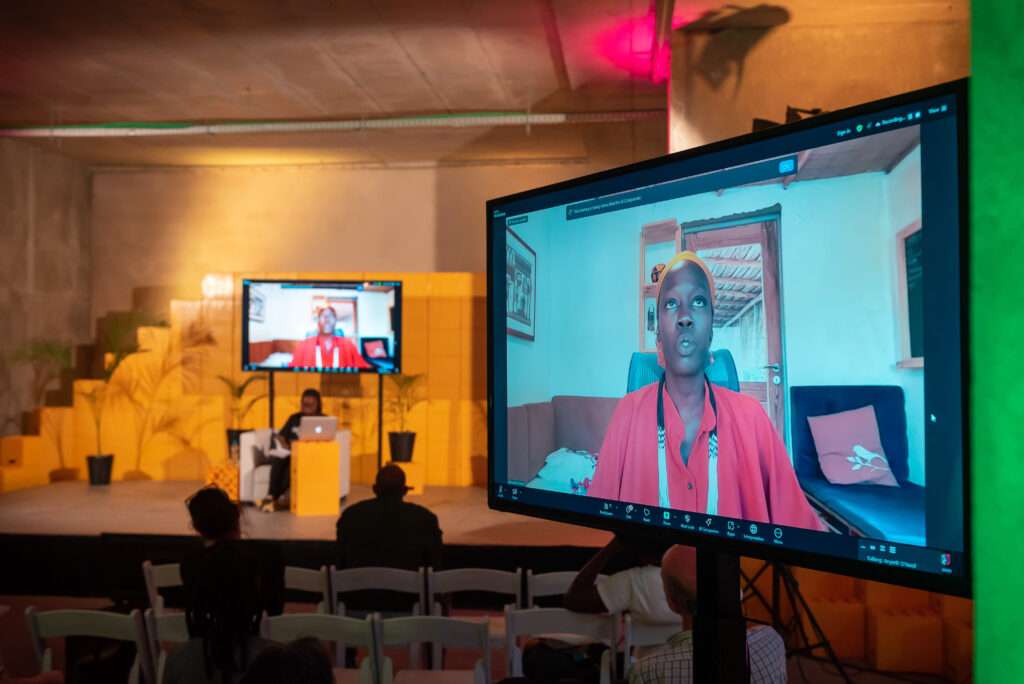The MFF-Festival Conference ended with a discussion on the theme “Human Body: Being in the Digital Age”, where cultural journalist and activist Benilde Matsinhe spoke with multidisciplinary artists Yuck Miranda, Maria Askew, Cebolenkosi Zuma and lawyer Anyieth D’Awol. The exchange focused on health and the intersection between bodies in the digital age.
In the midst of various illnesses, beyond the physical, emotional and spiritual ones, actor Yuck Miranda challenges us to reflect on ancestry, tradition and how the lifestyles of our ancestors can provide answers for the contemporary context.
For example, Miranda points out, spiritual purification, a ritual in which certain types of herbs are spread, brings benefits to the body. It is taking care of the spiritual dimension that will bring answers to other physical ailments. Performance work presupposes the use of the body.
“I have to try to understand what emotions are in my body at that moment and what sensations I was already experiencing and ignored until they crystallized.” The excessive use of technology, to the detriment of knowledge matured over time and life experiences, along with food, are other issues that put the “Being” in a state of exhaustion and failure to function.
Anyieth D’Awol, a human rights lawyer, says that healing is fundamental to changing the world, dealing with trauma and even uncertainty. She doesn’t deny that being present in the digital world connects us to the world, even in scenarios of global turbulence, but she also says that “people have traumas from the technological world”.
D’Awol even says that “healing is part of our DNA, and what inspires me in this process is that no matter how long it takes, the power of healing exists in every single being, as long as you learn the tools to remind your body that you are capable of healing.”
Maria Askew, a theater creator and educator, mentioned empathy for this debate on the Digital Age. For her, embracing the other through action is the factor that can change the current inflammatory and intolerant conversations.
To close the speakers’ interventions, Cebolenkosi Zuma, an artist, presented the project “Umuntu, Nhumuntu, Nganantu”, which can be interpreted as “a person is because of other people”. It’s a research into how to help others, particularly black men. Zuma shared videos of dances and songs among the Zulus, and also expressed indignation at the level of gender-based violence, as well as the statistical levels of male suicide in South Africa.
By Felizarda Nhare



